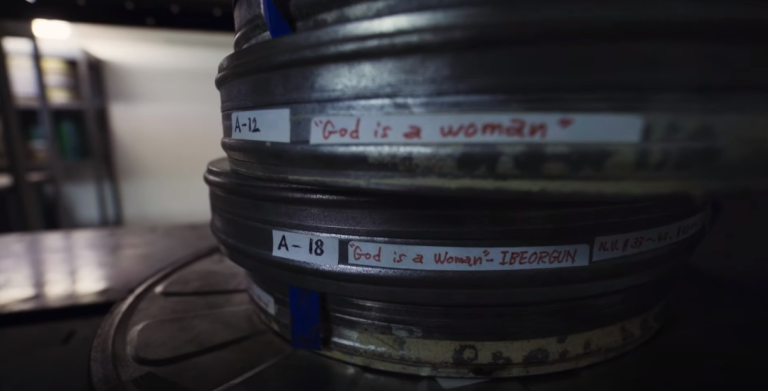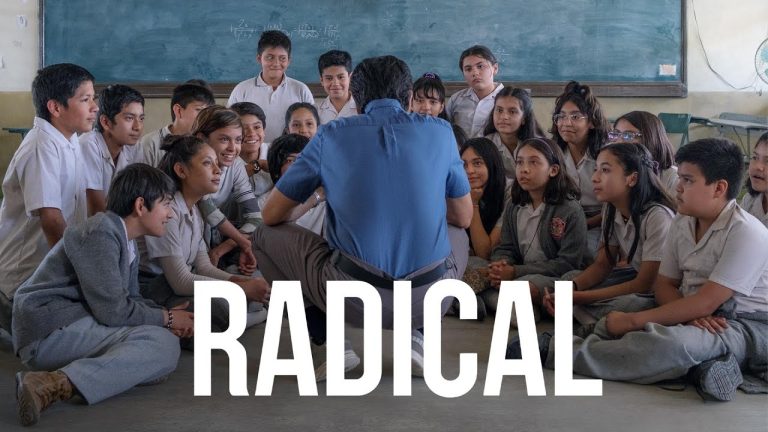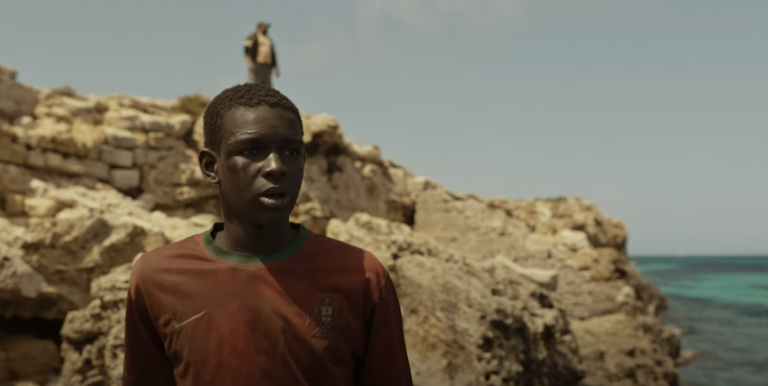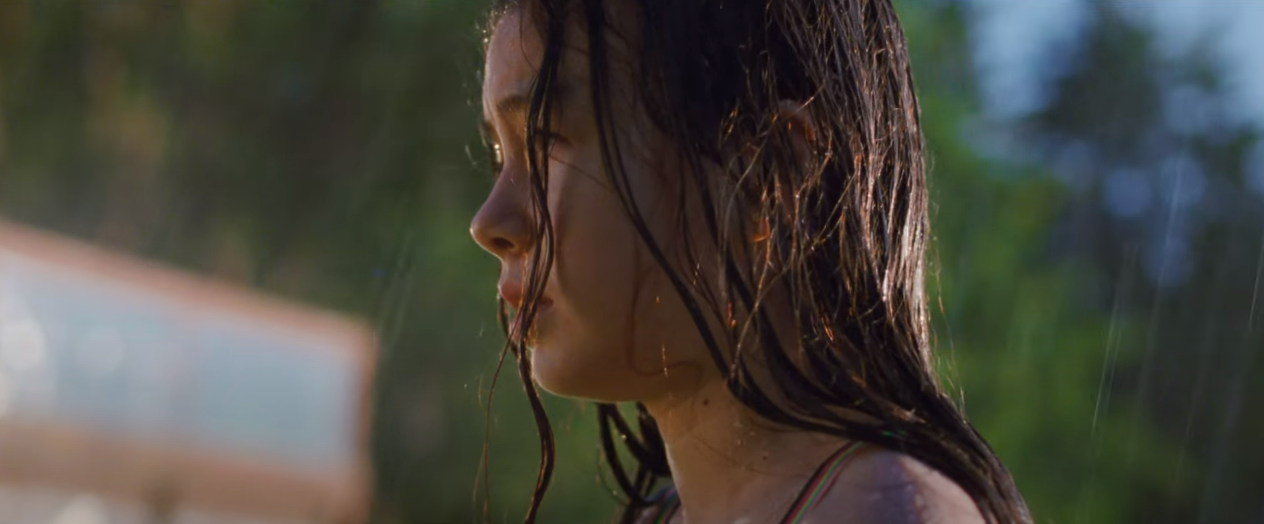
“Seagrass” explores the intricacies of grief and depression, questioning whether unhappiness always needs a clear reason. The characters’ struggles feel authentic, especially in scenes where emotions defy expression. The film highlights the complexity of human emotion beyond mere words.
At a couples retreat, Steve and his wife Judith, along with their daughters Stephanie and Emmy, are trying to cope with Judith’s recent loss of her mother. While Judith is eager to mend their relationship, Steve seems hesitant about the retreat. Their teenage daughter Stephanie makes friends, while Emmy is intrigued by the idea of communicating with their deceased grandmother.
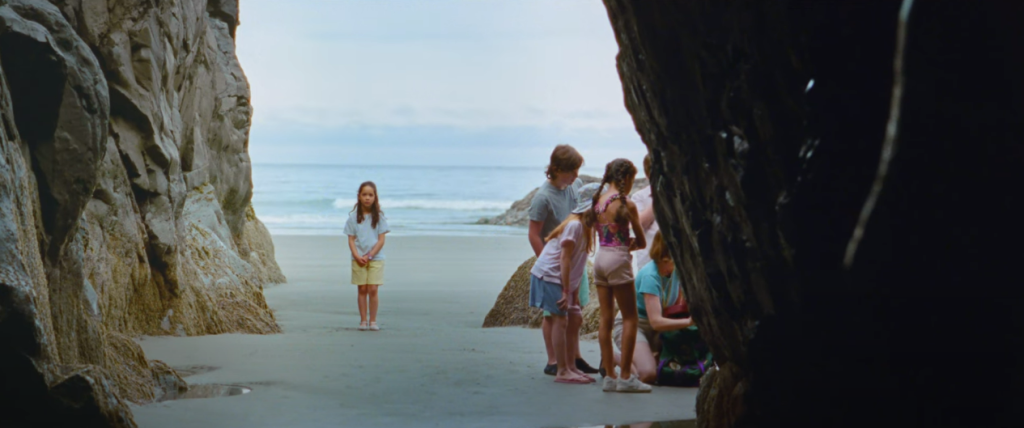
“Seagrass” isn’t your typical ghost story, but it touches on emotional ghosts—the decisions we make about family and partners. Judith feels regretful when friends ask about her late mother, realizing she missed out on learning more about her. Grief isn’t just about loss; it’s about regretting the conversations we never had with those who’ve passed away.
As Judith and Steve undergo counseling, their relationship begins to deteriorate, putting their family at risk. Comparing themselves to Pat and Carol, they fall into the trap of idealizing others’ success, which hinders their own progress. The film recognizes how people often compare their grief and struggles, sometimes oversimplifying them to tragic consequences.
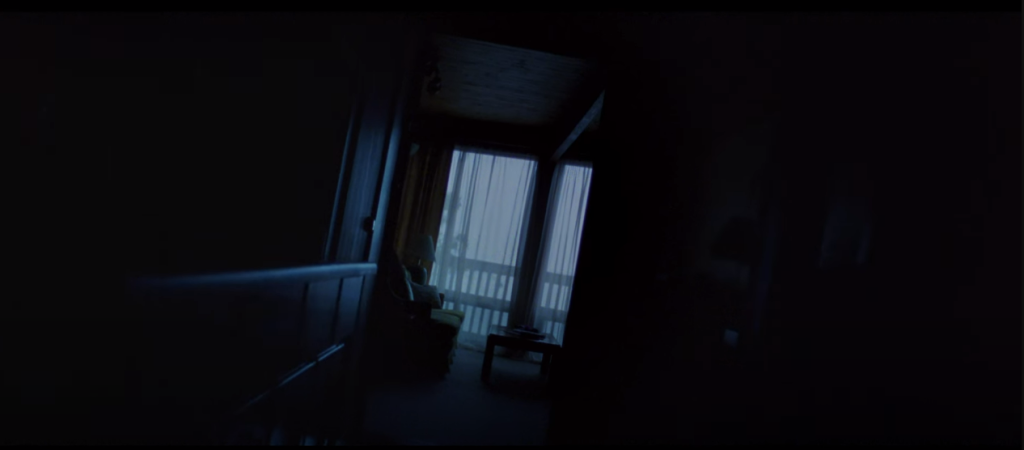
“Seagrass” unfolds like a slow-burn thriller, portraying how adults’ preoccupations can harm their children. The sense of impending tragedy permeates the film, even in seemingly innocent moments, like when Emmy reaches for a purple ball by the pool. It captures the mixed emotions of childhood—both joyous and slightly terrifying.
“Seagrass” explores Steve’s growing jealousy towards Pat, although it feels somewhat exaggerated. However, this jealousy serves as a gateway to more compelling themes. The film’s tight focus on characters would benefit from a shorter runtime, as some scenes, especially those with the children, feel overly prolonged. Nonetheless, the natural performances of Breitkreuz and Marthaller make these moments enjoyable, capturing the innocence of childhood before life’s complexities set in.

| Themes | Summary |
|---|---|
| Grief and Depression | Questions the need for a clear reason for unhappiness, portrays authentic struggles, and highlights the complexity of emotions. |
| Family Dynamics | Depicts a family coping with loss at a couples retreat, showcasing individual reactions and attempts to mend relationships. |
| Regret and Missed Opportunities | Explores regret over missed conversations with deceased loved ones, revealing the emotional weight of unresolved issues. |
| Idealization and Comparison | Shows how comparing oneself to others can hinder personal growth and lead to oversimplification of one’s own struggles. |
| Emotional Impact on Children | Illustrates how adult preoccupations can affect children’s well-being and captures the mix of joy and fear in childhood. |
| Jealousy and Insecurity | Explores Steve’s jealousy towards another couple, which serves as a gateway to deeper themes but feels somewhat exaggerated. |
| Narrative Pacing | Suggests that the film’s tight focus on characters would benefit from a shorter runtime to avoid lingering in some scenes. |


